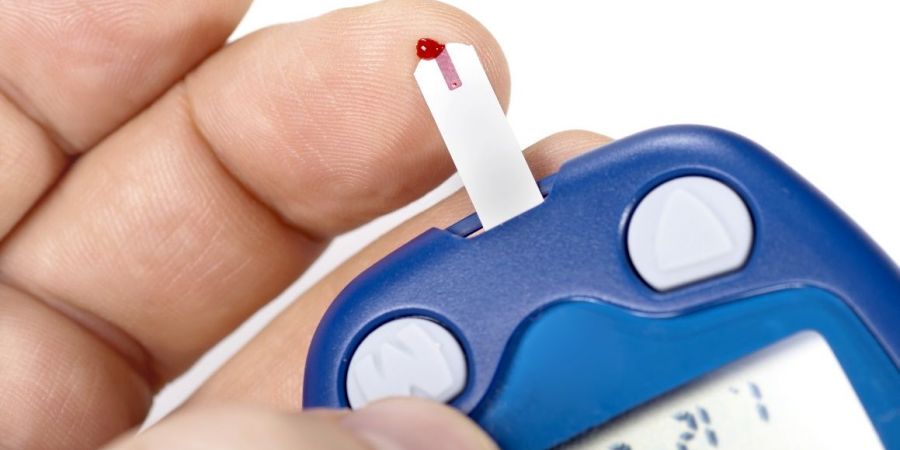

Diabetes Mellitus is also called sugar, diabetes occurs when blood glucose is too high. Blood glucose is the main source of energy and comes mainly from the food we eat. Diabetes occurs when the body is not able to make insulin like it should. Pancreas release insulin, a hormone that helps to move glucose from the blood into a cell that uses it for energy. Too much glucose stays in the blood, a condition usually called high blood sugar.

TYPES OF DIABETES
Prediabetes
is when blood sugar is higher than it should be but not high enough to diagnose diabetes, prediabetes can be reversed. It is more likely to have type 2 diabetes and heart disease.
Type 1 diabetes
also called insulin-dependent diabetes. It is used to be called juvenile-onset because it begins in childhood. This may be caused by a virus or autoimmunity, it happens when the body attacks the pancreas with antibodies. The organ is damaged and doesn't make insulin. The higher optimum level of blood sugar called hyperglycemia. People with type 1 also have a higher risk of heart disease and stroke. Type 1 diabetes in younger patient follows a Coxsackie or other virus it can easily spread hand to hand by sneezing.
Type 2 diabetes
also known as non-insulin-dependent diabetes. Type 2 diabetes is a combination of genetic and lifestyle factors.
It also common in younger people because they are overweight, hypertension and hyperlipidemia.
In type 2 diabetes pancreas usually create some insulin but it is not enough. Type 2 diabetes milder than type 1. It can cause major health complication. Type 2 diabetes can be managed by a healthy diet increased physical activity and healthy body weight and oral medication are prescribed to help control blood glucose levels. Type 2 diabetes occurs among people over age 45 and middle age.
RISK FACTORS:-
1) Family History
2) Obesity
3) Lifestyle
4) unhealthy
5) Physical Activity
6) High Blood pressure
7) Poor nutrition during pregnancy
Gestational diabetes
is diabetes that occurs during pregnancy. Gestational diabetes can affect both mother and child. If you have gestational diabetes baby more likely to be obese and you are more likely to develop type 2 diabetes.
WHAT SHOULD A DIABETIC PERSON EAT
diabetic patient may worry that having diabetes means going without their favourite food but you can still enjoy their favourite food but in small portion size and enjoy less often. During diabetes, low glycemic index food should be recommended.Include
Non-starchy foods
( broccoli, carrots, tomatoes) and starchy foods ( potatoes, corn, peas).
Fruits
(oranges, apples, berries, melons, watermelon, grapes, banana, mango( in small portion) and include all seasonal fruits in your diet).
Grains
( wheat, rice, oats, barley and quinoa) include complex carbohydrate in your diet.
Protein:- (chicken, lean meat, fish, egg, nuts and peanuts).
Dairy product(skimmed milk, yoghurt). Food should be chosen wisely when you are diabetic.








